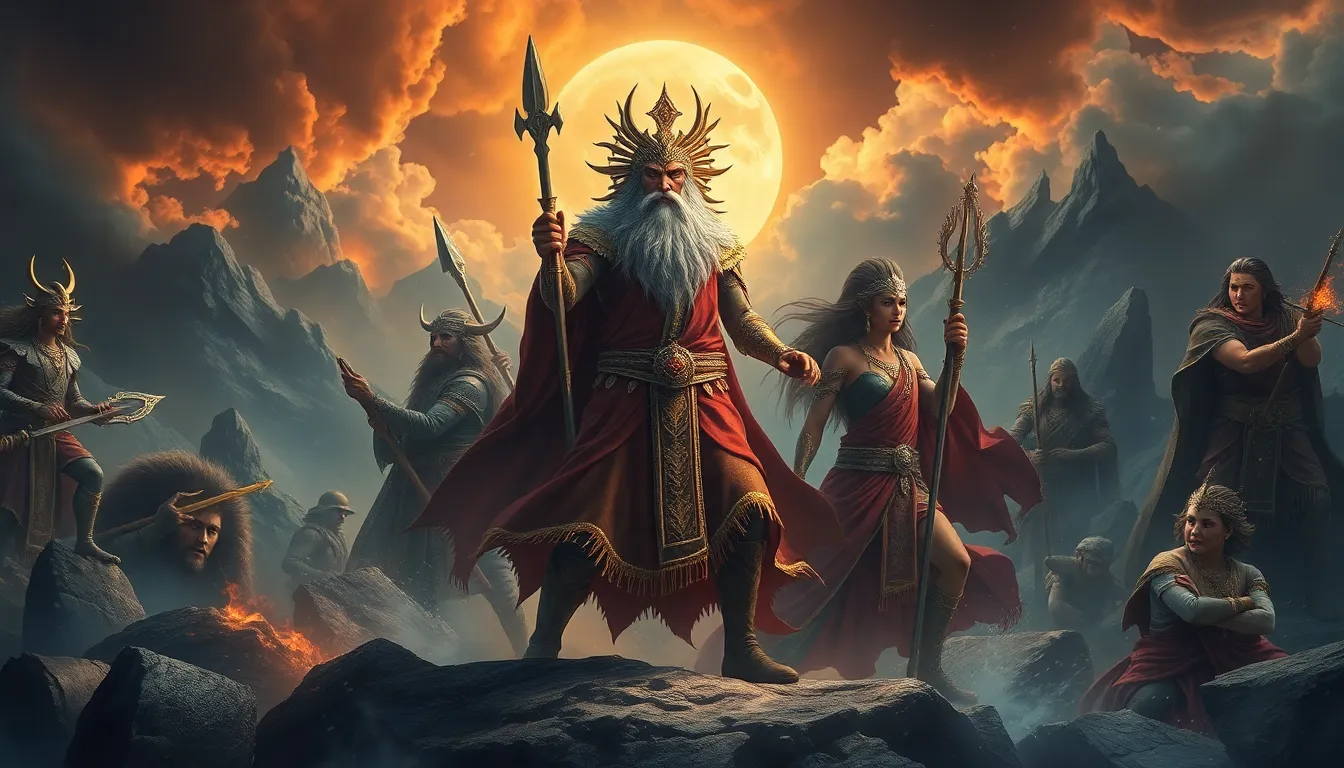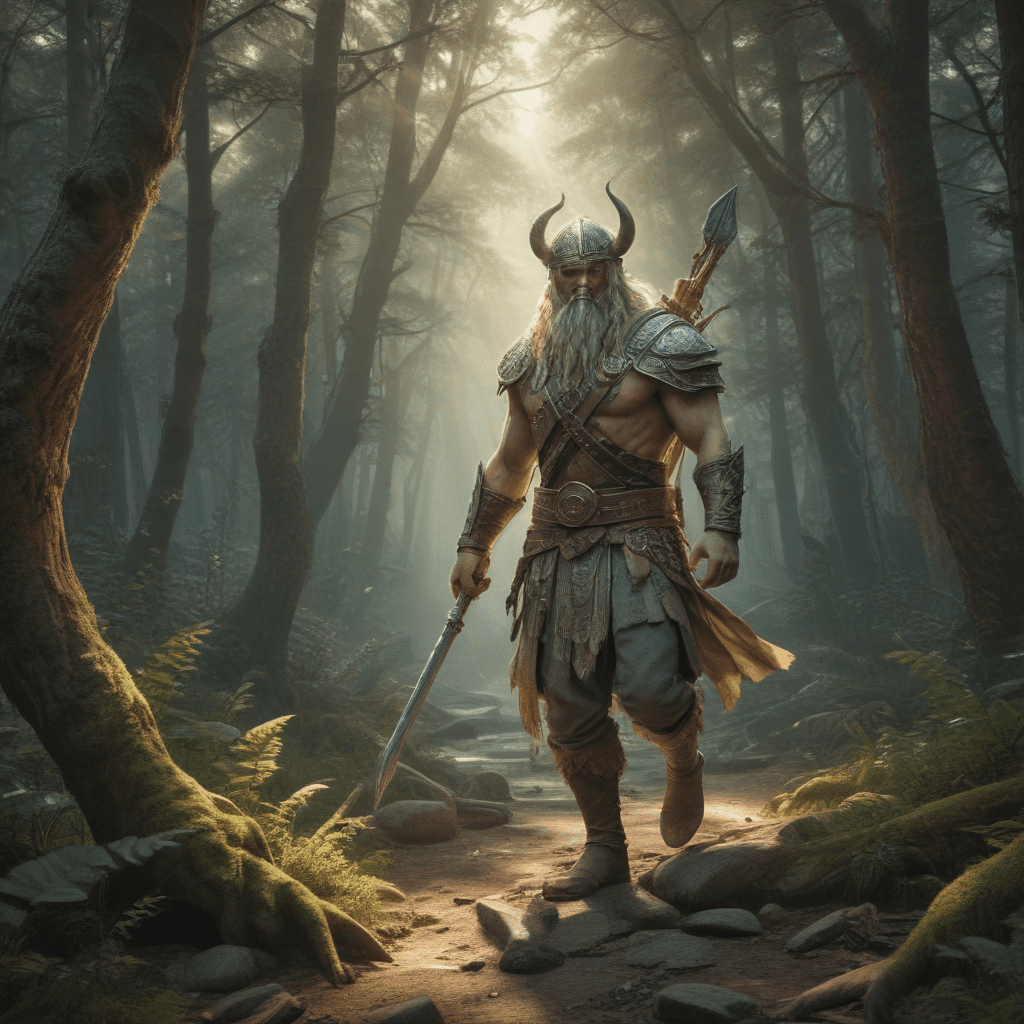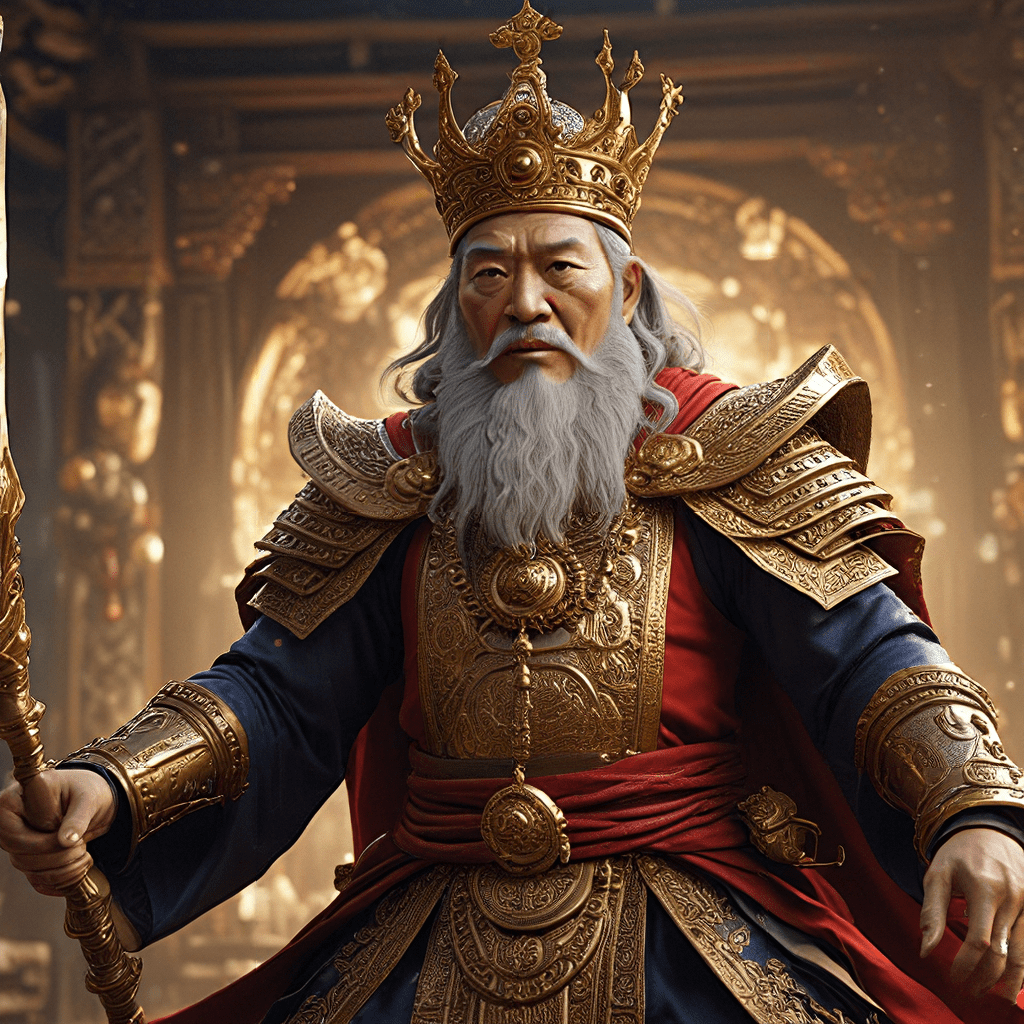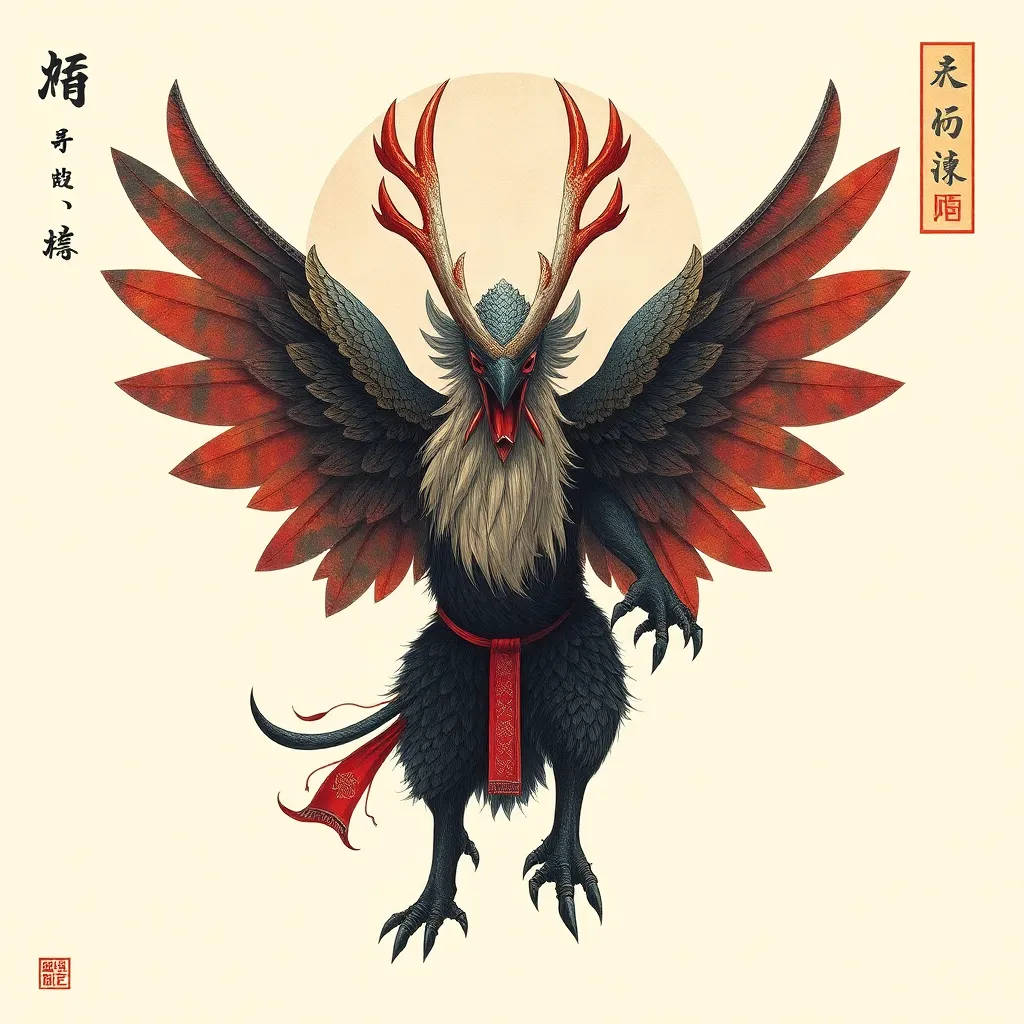Cultural Hero Myths: The Legends That Inspire Action and Progress
I. Introduction
Cultural hero myths are narratives that celebrate individuals who embody the values and ideals of a society. These heroes often emerge from historical events, folklore, or religious texts, and their stories resonate across generations, shaping the beliefs and actions of communities.
The importance of hero myths cannot be overstated; they inspire action, foster unity, and provide a framework for understanding complex societal issues. By examining these myths, we can glean insights into the values that drive human behavior and social progress.
This article will explore the historical context of hero myths, their characteristics, notable examples, their impact on society, representation in popular culture, critiques, and the role of gender and diversity. Finally, we will discuss how to revitalize hero narratives for future generations.
II. Historical Context of Hero Myths
Hero myths have their origins in ancient cultures, where they served as a means of explaining the world and providing moral guidance. These myths are often intertwined with the histories of civilizations, as they reflect the struggles, triumphs, and aspirations of their people.
A. Origins of hero myths in ancient cultures
From the epic tales of Gilgamesh in Mesopotamia to the heroic sagas of the Norse gods, ancient cultures crafted narratives that celebrated valor, wisdom, and sacrifice. These stories often served dual purposes: to entertain and to impart moral lessons.
B. Evolution of hero myths through different civilizations
- Greek Civilization: The Greeks popularized the concept of the tragic hero, exemplified by figures like Achilles and Odysseus, whose journeys encapsulated the struggle against fate.
- Roman Civilization: Roman hero myths often emphasized duty and honor, as seen in the tales of Aeneas and Romulus.
- Indigenous Cultures: Many Indigenous cultures maintain rich oral traditions that celebrate local heroes, such as trickster figures who teach through their flaws and misadventures.
C. The role of oral traditions in preserving hero narratives
Oral traditions have played a crucial role in keeping these myths alive. Storytellers, through their performances, ensure that the values embodied by cultural heroes continue to resonate within their communities.
III. Characteristics of Cultural Heroes
Cultural heroes often share common traits that make them relatable and aspirational figures within their societies.
A. Common traits of cultural heroes
- Bravery: Heroes often face daunting challenges and risks in pursuit of their goals.
- Sacrifice: Many heroes are willing to give up their own comfort or safety for the greater good.
- Resilience: The ability to overcome adversity is a hallmark of heroic narratives.
B. The hero’s journey framework and its universal appeal
The hero’s journey, a narrative structure identified by Joseph Campbell, outlines a protagonist’s adventure from the ordinary world into a realm of challenges and transformation. This framework resonates universally, as it reflects the human experience of growth and change.
C. The significance of flaws and vulnerabilities in hero narratives
Heroes are often depicted with flaws, making them relatable and human. Their vulnerabilities highlight the notion that greatness does not stem from perfection, but from the ability to confront and overcome personal challenges.
IV. Case Studies of Prominent Cultural Heroes
Throughout history, numerous figures have emerged as cultural heroes, each embodying the ideals of their respective societies.
A. Analysis of historical heroes
- Hercules: A symbol of strength and perseverance, Hercules’ twelve labors represent the struggle against insurmountable odds.
- Joan of Arc: Her bravery and conviction in the face of adversity have made her an enduring symbol of courage and faith.
B. Modern-day heroes
- Martin Luther King Jr.: A leader of the civil rights movement, his advocacy for nonviolence and equality continues to inspire generations.
- Malala Yousafzai: An advocate for girls’ education, her courage to stand against oppression has galvanized a global movement.
C. Indigenous and local heroes
- Chief Joseph: Known for his resistance against U.S. government policies, his leadership remains a powerful symbol of Indigenous rights.
- Boudica: A warrior queen who led a revolt against Roman rule, she embodies the spirit of resistance and national pride.
V. The Impact of Hero Myths on Society
Hero myths serve as catalysts for social change, inspiring movements and shaping collective identities.
A. How hero myths inspire social movements and change
Heroic narratives often motivate individuals to take action, providing a sense of purpose and direction in societal struggles.
B. The psychological effects of hero narratives on individuals and communities
Engaging with hero myths can evoke feelings of hope, belonging, and resilience, reinforcing the belief that positive change is possible.
C. Examples of movements influenced by hero myths
- Civil rights movement: Figures like Rosa Parks and Malcolm X emerged as symbols of the fight for equality.
- Environmental activism: Heroes like Greta Thunberg have inspired global action against climate change.
VI. Heroes in Popular Culture
Contemporary representations of heroes in popular culture reflect and reshape societal values.
A. Representation of heroes in literature, film, and media
Modern storytelling often incorporates traditional hero themes while adapting them to current social issues, making them relevant to new audiences.
B. The commercialization of hero myths and their impact on authenticity
The commercialization of hero narratives can dilute their meaning, transforming profound stories into mere marketing tools. This raises questions about authenticity and the true essence of heroism.
C. Analysis of contemporary hero figures in pop culture
- Superheroes: Characters like Spider-Man and Wonder Woman embody traditional hero traits while addressing contemporary struggles such as identity and justice.
- Activists: Figures like Colin Kaepernick have become heroes through their advocacy for social justice, challenging the status quo.
VII. Critiques of Cultural Hero Myths
While hero myths can inspire, they are not without their critiques.
A. The potential for idealization and unrealistic expectations
Hero myths can lead to the idealization of individuals, creating unrealistic expectations that can overshadow the contributions of everyday people.
B. The marginalization of unsung heroes and everyday actions
In focusing on prominent figures, society may overlook the contributions of countless unsung heroes whose actions are equally valuable.
C. The consequences of oversimplifying complex historical narratives
Oversimplification can lead to the erasure of nuanced historical contexts, undermining the rich tapestry of human experience.
VIII. The Role of Gender and Diversity in Hero Myths
The representation of gender and diversity in hero myths is crucial for reflecting the complexities of modern society.
A. Representation of female heroes and their narratives
Female heroes have historically been underrepresented, but modern narratives are beginning to highlight their contributions and leadership.
B. Intersectionality in hero myths and the inclusion of diverse voices
Incorporating diverse perspectives enriches hero narratives, allowing for a more comprehensive understanding of heroism.
C. The evolution of hero myths to reflect modern societal values
Contemporary hero myths increasingly address issues of race, gender, and sexuality, reflecting the diverse values of today’s society.
IX. Revitalizing Hero Myths for Future Generations
As society evolves, so too must hero myths.
A. The importance of adapting hero myths to contemporary issues
Reinterpreting hero narratives to address current challenges ensures their relevance and impact.
B. Engaging youth with hero narratives through education and storytelling
Educational initiatives that incorporate diverse hero narratives can




